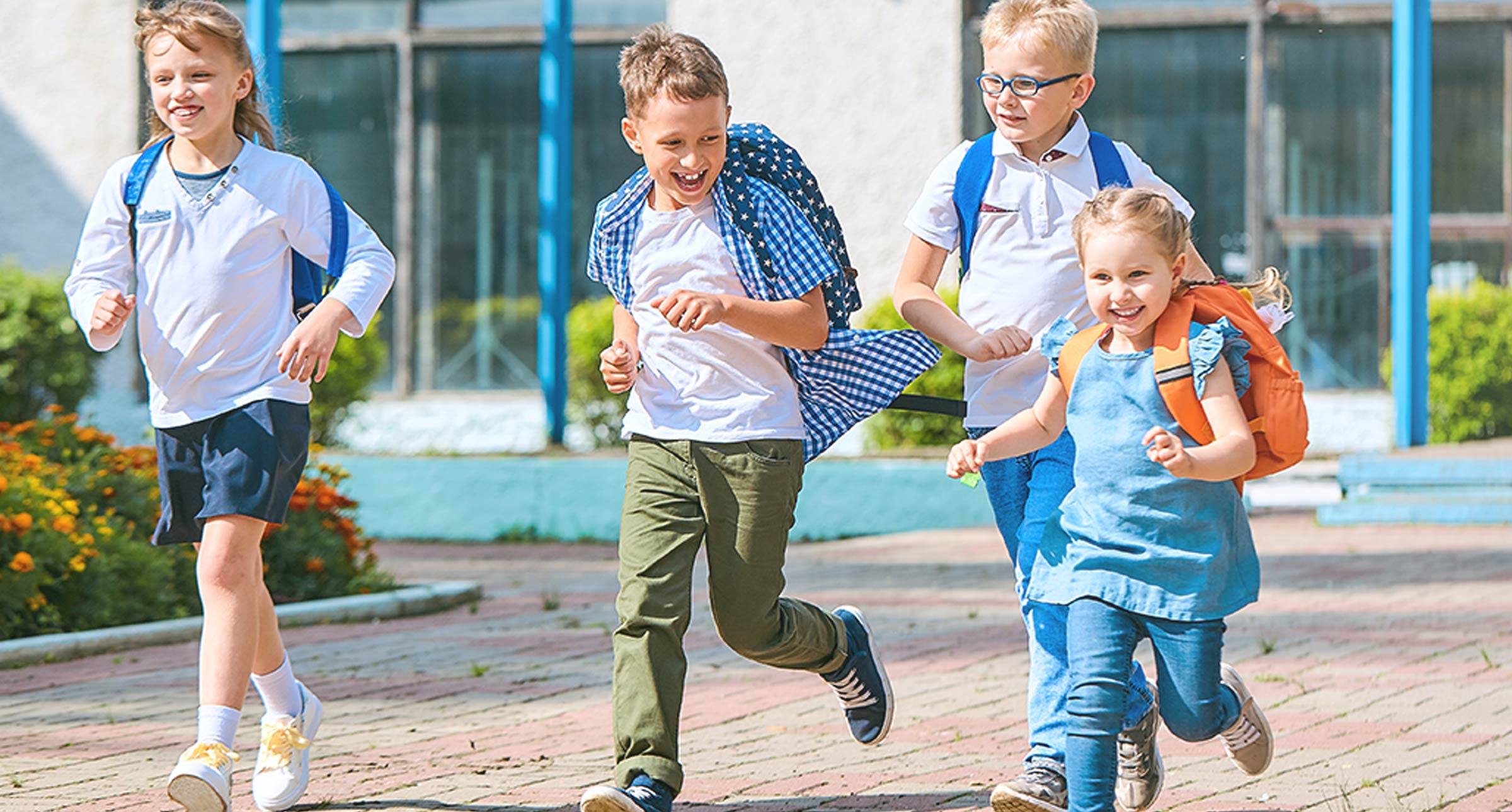Teasing and bullying in school is common – is it serious?
75% of people report having experienced teasing and bullying.
Some teasing can be friendly but if the person being teased is distressed, it is a problem.
While it is a common childhood experience, it is one that should not go unaddressed.
What You Can Do to Stop Bullying
Is your child being bullied? Are there bullying behaviors problems at your school? There are things that can be done in order for kids to be safe when bullying occurs.
Bulling can start as young as elementary school. One thing a child can do about bullying is report what’s happening when it happens, speak up to school staff and stand up against the bully instead of taking matters into your own hands.
By doing this, you’re making sure everyone stays safe and avoids school violence.
If something ever does happen to anyone out on a field trip or any type of event with peers/friends alike where they feel unsafe due to another person’s behavior- say something about it!
Tell someone who will listen so no one has too much power over others because we all deserve safety.
Bullying does not have a sexual orientation, both boys and girls get bullied, unfortunately.
Direct Bullying and Indirect Bullying
Direct Bullying
-Direct bullying occurs between the bully and the targeted victim. The act is typically overt, so there’s no attempt to hide their identities from each other.
Indirect Bullying
-Indirect bullying may include actions that are intended to psychologically harm a targeted victim by damaging their reputation, relationships with peers, or self-esteem.
Bullying Prevention Program
Studies show that school-based violence and bullying prevention programs are effective in reducing violence. Such programs have also been shown to reduce victimization as well as bullying, but not completely.
In general, these whole-school initiatives work best at decreasing the prevalence of violent behavior among students
Here are some ways that you can increase the chances of your child telling you and of you addressing it.
Bullying is a problem that isn’t just limited to middle school but can be seen in younger grades too. It’s important for parents of all ages to know how it affects students and what they can do about it before children get hurt by being bullied at school.
We all know that bullying exists in many forms: physical, verbal, and psychological. Cyberbullying via social media is a new form of the problem which can be particularly harmful because it’s outside school hours (and not easily monitored).
Young people need to be equipped with the tools they can use in tough situations when it’s hard for them to think straight. This could include activities that encourage empathy, leadership skills, and awareness of bystanders’ roles during a bullying incident.
Teach your child that it’s not right for anyone to say or do mean things to others.
This should be a conversation that you have from early on in your child’s life. Perhaps one sibling says something mean to the other or your child comes home reporting something they heard another child say or do.
Don’t brush it off as ‘kids will be kids’, let them know in a calm way that it is not appropriate.
Talk with your child about ways they can help if they see another child being bullied
As children get older, start to have conversations about what they would do if they saw or heard that a friend was being bullied.
Who would they tell? How would they help their friend? Debunk myths such as being a tattle-tale and tell them it is important to report instances of other children getting physically or emotionally hurt.
Spend regular time with your child playing, listening, and being interested in the things they have to tell you
The better the emotional connection you and your child have, the more likely they are to tell you if they are being bullied.
Make sure you have time for them and show interest in them and the things they like.
Encourage your child to tell you if there are things that are upsetting them
If you think something is bothering your child, encourage them to communicate that to you. If they can’t find the words you can suggest writing a note or drawing a picture and leaving it for you.
Alternatively help them to think about who else they can talk to whether that be another family member, a good friend, the school counselor, etc.
Stay calm
You may be shocked or upset if your child tells you they are being bullied. However, try to remain calm.
Your child wants to know that you are strong enough to hear their problems and children often worry about upsetting their parents.
Empathize
Let your child know that you are so sorry that they are going through this. Tell them you are glad they told you.
For some children, it may be helpful to hear if you had similar experiences and how you got through them but make sure you keep the main focus on them.
Consider how best to explain differences to other children
If your child has a physical or mental health characteristic that makes them noticeably different from other children, consider working with your child’s teacher to teach the class about your child’s differences (either with or without them present).
Children can be scared of things that seem strange or different to them. Once they understand it, it becomes less scary and they are less likely to tease or bully as a result.
Respect your child’s wishes about how involved to get initially
Depending on the age of your child, respect their wishes if they want to try and resolve it themselves initially.
Help them to think about what they can do and whom else they can talk to. Tell them that it is more effective to be assertive than aggressive and that they should not fight back.
Check-in with them and insist on getting involved only if it is not getting better with their attempts alone.
Let your child know that those who bully often do so because they are not feeling happy inside
While bullies seem strong, they often bully because they are feeling bad about themselves and/or have had some kind of negative experience themselves.
While their actions are not right, it may help your child to know that the bully might not actually be feeling as strong as they appear.
Take a look here for excellent teasing & bullying resources.
FAQS – Frequently Asked Questions
What is the best bullying prevention tip?
One of the most effective ways to prevent bullying is by empowering all staff members to intervene. This includes teachers, custodians, and cafeteria workers who interact with students on a daily basis.
How to get the school community involved in stopping school bullying?
Community members can use their unique strengths, skills, and knowledge to prevent bullying wherever it occurs.
For example, community sports groups may train coaches to prevent bullying by delivering anti-bullying messages from the different adults in kids’ lives that reinforce the message for them that this behavior is unacceptable.
How do you promote a positive school climate?
Parents should help build character and establish discipline in their children by modeling the behavior they expect to see from them at school.
They should also celebrate students’ achievements, set consistent rules for expectations of behavior, and get involved with activities that benefit the student’s life outside of academics such as sports or clubs.
Is there pediatric and adolescent medicine to prevent bullying?
No, there is no medicine to prevent bullying. Whole-school violence prevention programs may reduce school violence. Programs that offer social and emotional learning about violent behavior, change thought patterns associated with it. It also builds social skills with activities in preventing bullying and bullying behavior.
#YouGotThis






































